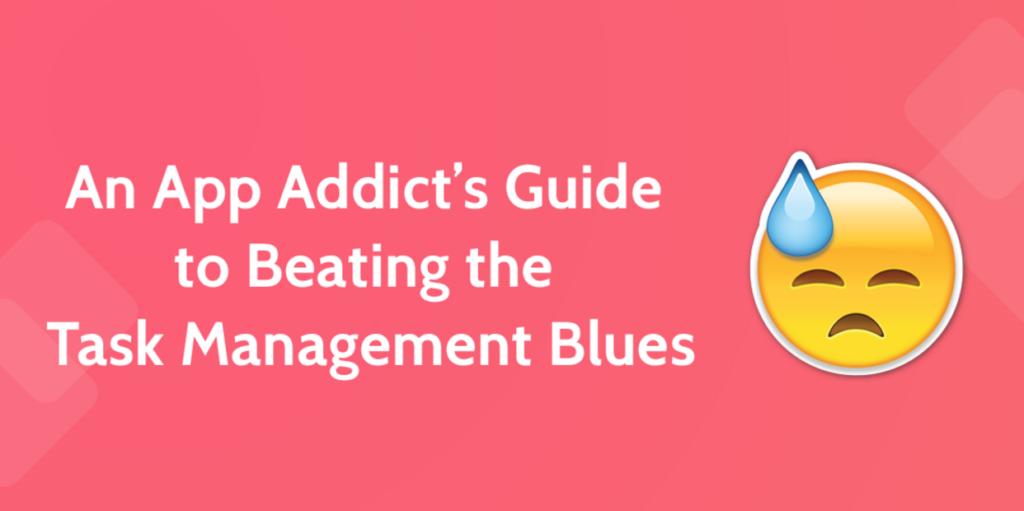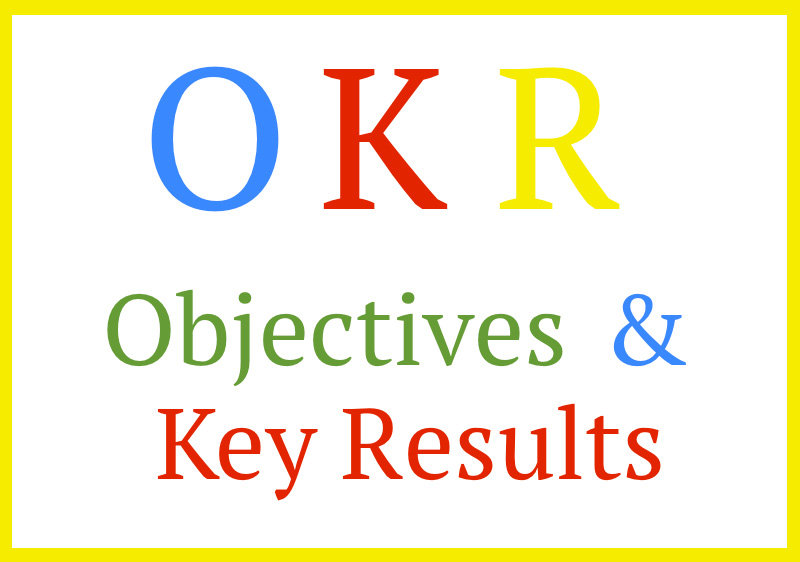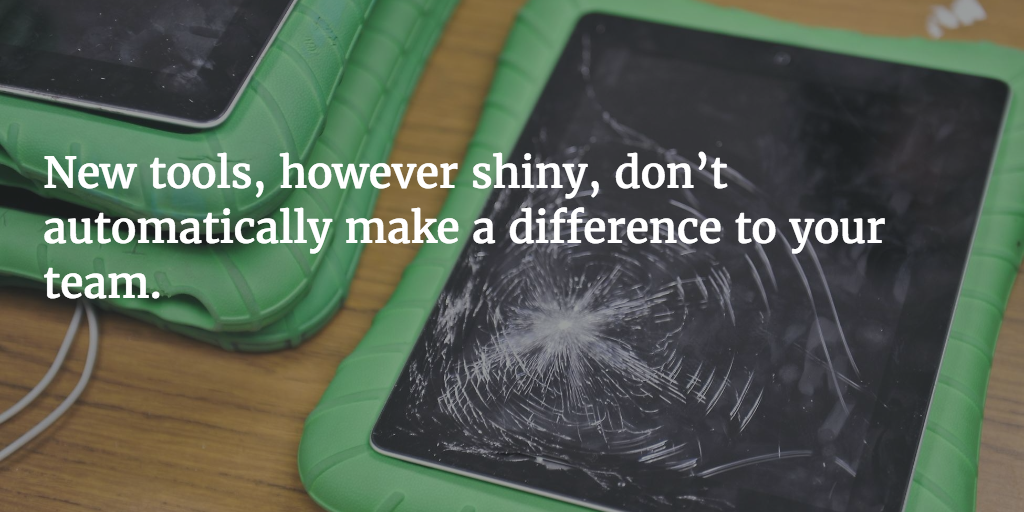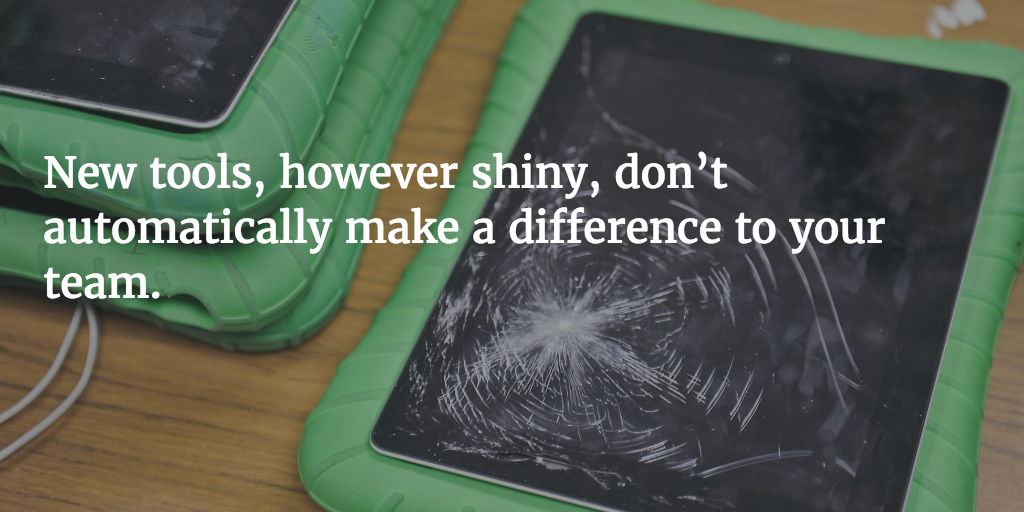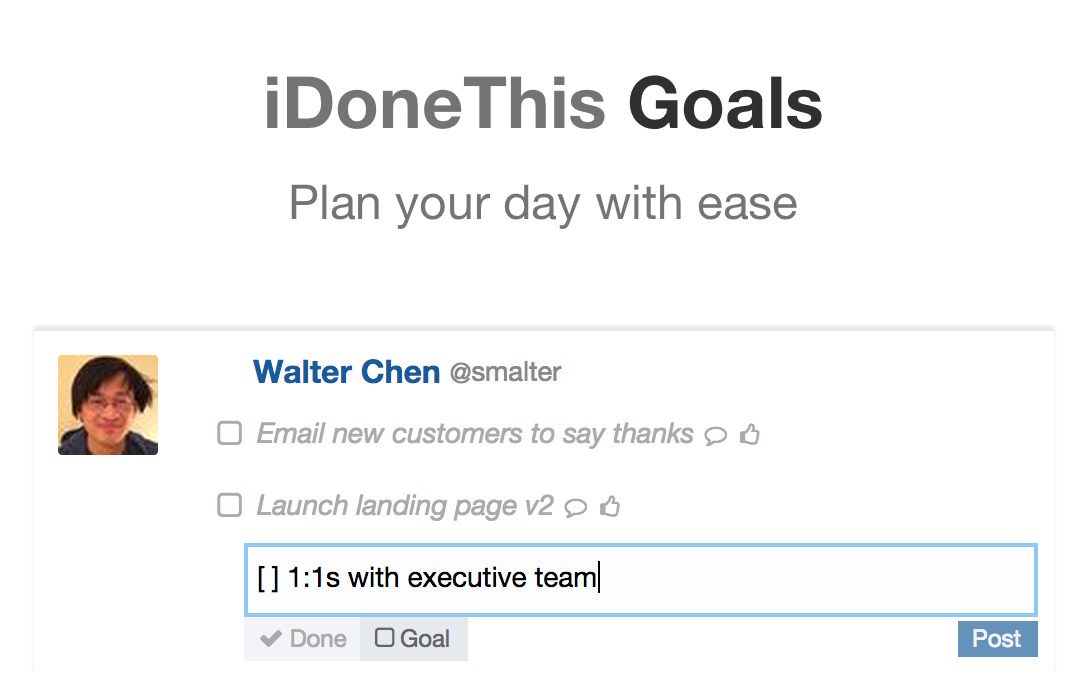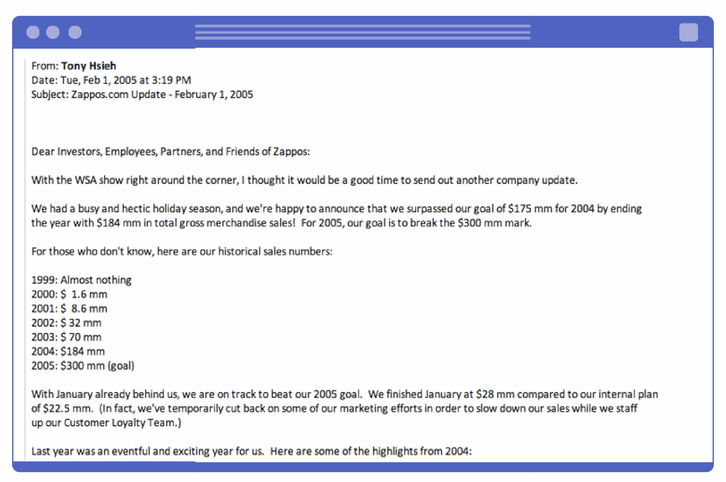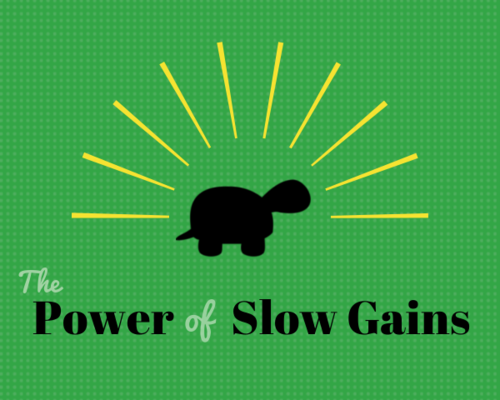Your startup is on the rise. You’ve added four great developers, six customers have signed on, and you’ve reached a revenue milestone of $2.4 million ARR. But just as things are getting peachy, you notice the company isn’t shipping as much code as before.
What makes productivity problems so hard to deal with is that they’re hard to detect. They’re often so entrenched in culture and old systems that they seem invisible. At $2.4 million ARR, you are now far removed from the day-to-day routine of team members, making it difficult to spot inefficiencies on the ground.

We built I Done This 2.0 to help teams bring lurking productivity killers to light. We want to help our customers spot the most common production killers out there. I Done This empowers you to find out what’s going wrong with productivity and address the problem at its source. Here’s how your startup can track down invisible productivity killers and solve them with I Done This 2.0.


